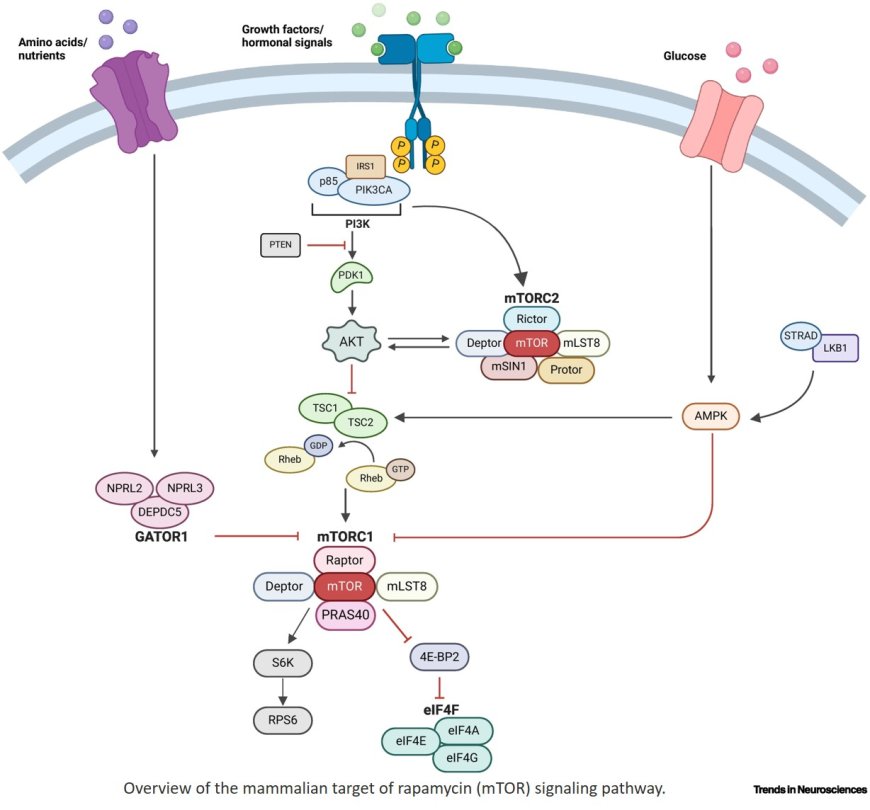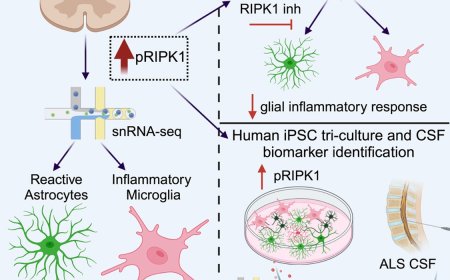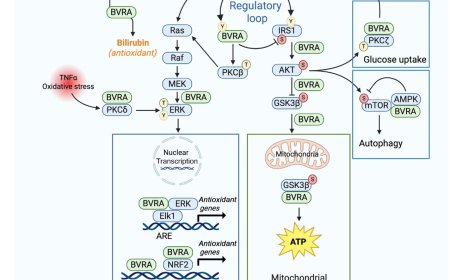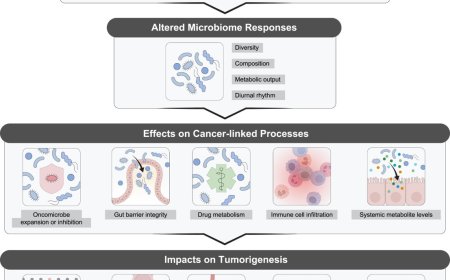Interneurons and somatic mutations in mTORopathies

Somatic mutations occurring during brain development in neural progenitor cells have emerged as an important mechanism of neurodevelopmental disease.
Mutations in mechanistic target of rapamycin (mTOR) pathway genes, in particular, have been identified as causing numerous conditions associated with autism, epilepsy, and cognitive dysfunction, including hemimegaloencephaly, tuberous sclerosis complex, and focal cortical dysplasia type II.
While mutations in excitatory neuron lineages are clearly implicated, recent studies have also suggested the involvement of interneurons.
The mTOR signaling pathway is a critical regulator of interneuron development and function.
Somatic mTOR hyperactivating mutations among interneuron progenitors, either alone or in combination with mutations among excitatory cell lineages, may be an underappreciated mechanism of neurological disease.
https://www.cell.com/trends/neurosciences/fulltext/S0166-2236(25)00040-2
https://sciencemission.com/interneuron-involvement-in-mTORopathies













